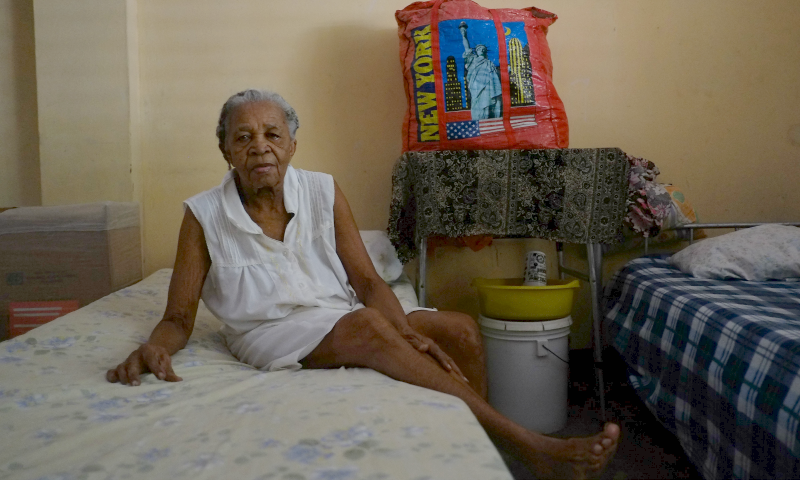
AARP's Aging Readiness and Competitiveness (ARC) Report, (which can be found online at aarpinternational.org/arc) conducted in conjunction with FP Analytics, examines each nation in four key sectors: 1) Community & Social Infrastructure, 2) Productive Opportunity & Economic Output, 3) Healthcare & Wellness, and 4) Technological Engagement, noting constructive progress, areas of potential concern, and key developments.
While ARC does not seek to rank or grade the nations it assesses, for each of the four sectors, it places each nation in one of three categories: leaders, movers (e.g., those making notable progress), or laggards. For those used to U.S. predominance in studies of this kind, the ARC Report rates the U.S. a leader in only one sector (technological engagement) and rates it a laggard in healthcare & wellness, along with South Africa and Brazil.
Addressing the international focus of the ARC Report, which assesses 12 nations, AARP CEO Jo Ann Jenkins said "The challenges and opportunities presented by the massive growth of the 60-plus population is a global phenomenon – it's truly borderless."
While national variations in ARC's findings are distinct, a number of commonalities emerged:
- Women have it tougher than men in just about every nation. They disproportionately care for children and older family members while simultaneously, if they are able, earning a living. Also, because women who are able to work often earn less in their working lives than men, the financial constraints they face in old age are commensurately more difficult.
- Older people everywhere would prefer to "age in place," but doing so yields its own challenges, especially around isolation and mobility, at both individual and society-wide levels.
- The Internet and digital connectivity has, predictably, yielded a broad variety of resources for both employment and communications, but in many countries older people do not have access to the 'Net.
- Some striking numbers: in Turkey and Mexico about 90 percent of people 65-plus have never used the Internet; in China it's more than 85 percent; in Brazil it's more than 75 percent, even in the U.S. more than 30 percent of people 65-plus are not online.
"The challenge of digital literacy – that is, the degree to which older people feel confident using technology -- is real, pervasive, and troubling," said FP Analytics Managing Director Claire Casey. "One of the overarching findings of ARC is that nations around the world need to focus on addressing digital literacy, which is as much a cultural issue as it is a technological one."
While the ARC Report is candid in its assessment of the formidable challenges presented by aging populations —especially as related to housing, mobility, isolation, finances, and healthcare — it also identifies a compelling set of positive developments.
"While the challenges presented by an aging population are big, some of the most interesting strategies to address it start out small and they use existing infrastructure to address an emerging challenge," said Casey. "A great illustration of this phenomenon is Japan's 'Watchover Service' which utilizes the nation's postal carriers, supplemented by smart devices, to check-in with older adults while on their rounds.
For a very small fee, people are able to add this service and it's a very simple, effective way to make sure an isolated older person is OK," Casey said. "One of the things AARP and we hope to do with ARC is spur new thinking. Here in the U.S., where the U.S. Postal Service faces declining revenues, something like Japan's Watchover Service, or at the very least, the idea of using existing resources to address emerging challenges, could be an interesting conversation."
Source: AARP
 Welcome to the United Nations
Welcome to the United Nations